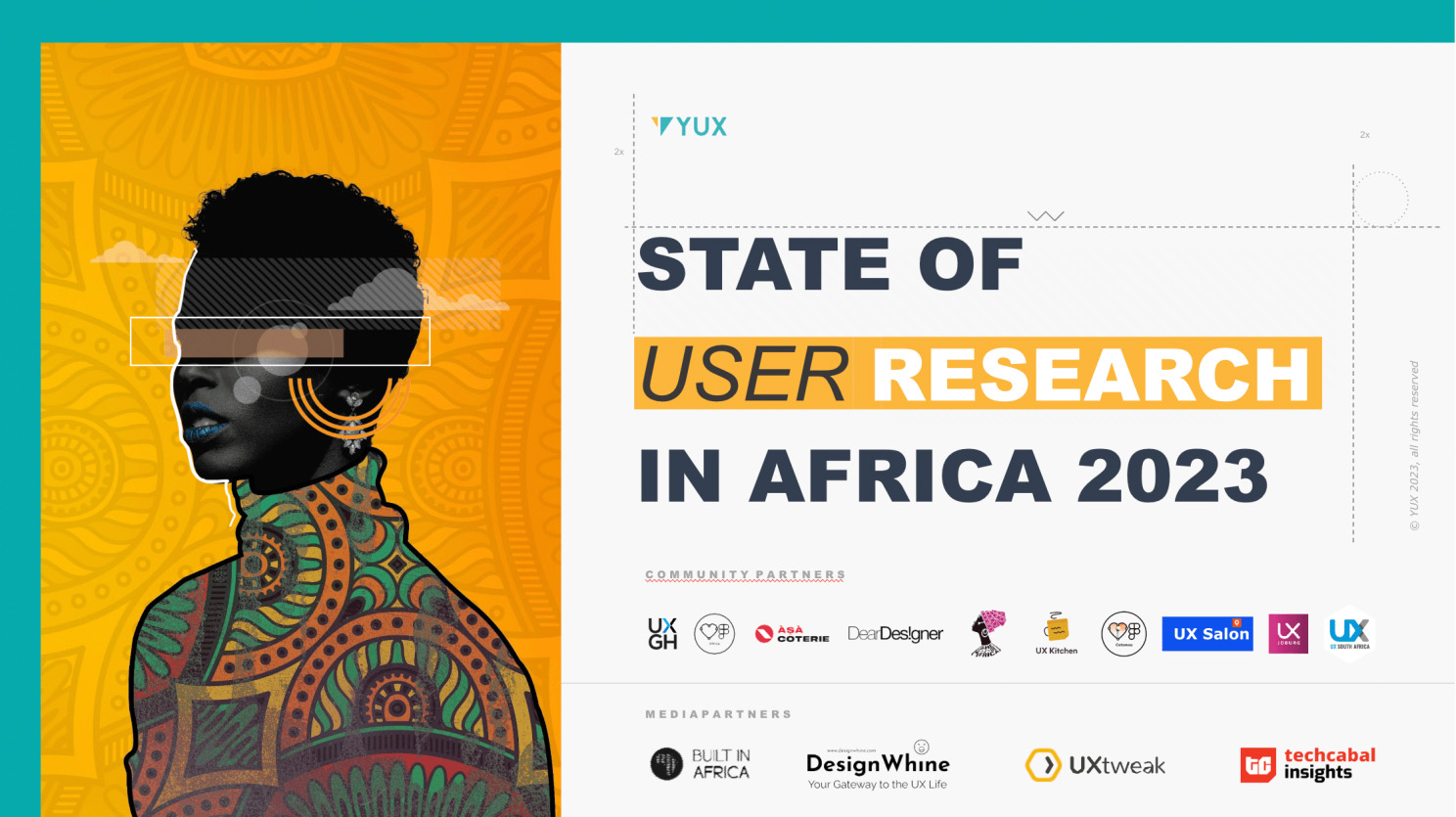User Experience (UX) research has become an indispensable part of product development and design in today's digital age. Understanding the needs, preferences, and pain points of users is key to creating successful and user-centric products. While UX research is a well-established practice in many parts of the world, it is still evolving in Africa. As more companies on the continent recognize the importance of UX research, they also face unique challenges and concerns. In this article, we'll explore the top 5 concerns managers have when thinking about UX research in Africa, from our experience partnering with companies like Google, Wikipedia, Meta, Square or Chipper Cash.
1. Limited Awareness and Expertise
One of the foremost challenges in Africa's UX research landscape is the limited awareness and expertise in the field. Many companies are only beginning to understand the value of UX research, but there is a shortage of skilled professionals who can conduct effective research. As we highlighted in our article "Why Managers in Africa Should Spend More Time Doing UX Research," education and awareness-building efforts are crucial to addressing this concern. YUX advocates for investing in workshops, conferences, and online courses to nurture UX research skills within organizations.
2. Diverse Cultural and Linguistic Contexts
Africa is a continent of incredible diversity, with thousands of languages, cultures, and traditions. This diversity presents a significant challenge for companies conducting UX research, as explored in our article on "Exploring Online Safety for Teens and Parental Control." The article emphasizes the importance of considering cultural nuances and linguistic diversity when conducting research to ensure that products cater to a broad audience. And this month, we release a new report on Teens Digital behaviors!

3. Accessibility and Infrastructure
Access to technology and the internet can be a significant barrier to conducting UX research in Africa, as highlighted in YUX’s report on "The State of User Research in Africa." The report sheds light on the digital divide in Africa and the need for innovative research methods that consider varying levels of digital infrastructure. Companies are responding by conducting research in diverse settings and leveraging both online and offline methods to bridge this gap. PS: if you want to take part in our 2023 study, you can fill our survey here and get access to premium data and content

4. Data Privacy and Ethical Concerns
Data privacy and ethical concerns, as discussed in our article "A Panel for Africa: How Looka Helps Researchers Recruit Participants," are paramount in UX research. Protecting the personal information and privacy of research participants is essential. Companies are taking cues from ethical research practices and international frameworks to address these concerns, ensuring compliance with evolving data protection laws in the region.
5. Return on Investment (ROI)
Measuring the return on investment for UX research can be challenging, especially in emerging markets like Africa. Companies often wonder whether the resources and time invested in research will translate into tangible benefits. However, YUX’s 2022 flagship report on the "State of User Research in Africa'' highlights that many organizations are recognizing the long-term value of UX research. They track key performance indicators (KPIs) such as user engagement, customer feedback, and conversion rates over time to demonstrate the positive impact of UX research on their products and bottom line.
In conclusion, while UX research is gaining momentum in Africa, companies face several unique concerns when considering its implementation. These concerns include limited awareness and expertise, diverse cultural and linguistic contexts, accessibility and infrastructure challenges, data privacy, and ethical considerations, and the measurement of ROI. As evidenced by our recent articles and reports, companies in Africa are actively working to address these concerns, ultimately leading to more successful and user-friendly products that cater to the diverse and dynamic African market.
As UX research continues to evolve and mature in Africa, it is likely that companies will develop innovative solutions, informed by research and best practices, to create a more user-centric product landscape on the continent



